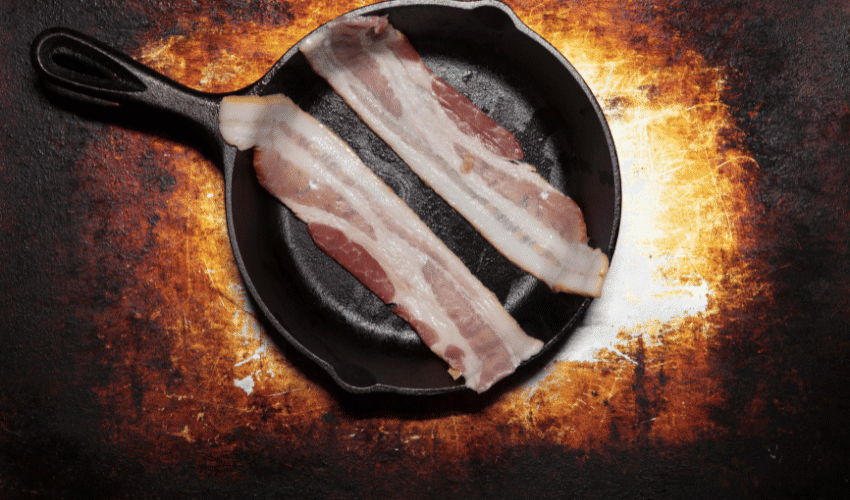7. The Greasy Gut-Wrencher: Steering Clear of Fatty Foods

Fatty foods are another category that can prove troublesome for those with diverticulitis. Foods high in unhealthy fats, like fried foods, fatty cuts of meat, and full-fat dairy products, can slow down digestion and put extra pressure on the colon, potentially triggering diverticulitis symptoms.
In addition to their impact on digestion, fatty foods can also contribute to an overall state of inflammation in the body. This can further aggravate diverticulitis symptoms and may increase the risk of flare-ups.
Moreover, these types of foods can alter the gut microbiome, the community of beneficial bacteria that live in our digestive system. This can disrupt gut health on a broader level, potentially impacting digestion and absorption, and might exacerbate diverticulitis symptoms.
Replacing unhealthy fats with healthier alternatives is an effective way to support gut health. Foods rich in monounsaturated and polyunsaturated fats, like avocados, fatty fish, and nuts (for those who can tolerate them), can contribute to overall health without worsening diverticulitis symptoms.
A focus on overall diet quality is crucial when dealing with diverticulitis. By choosing foods that support gut health and avoiding those that worsen symptoms, you can manage this condition more effectively and enjoy a broader range of foods in your diet. (7)